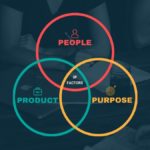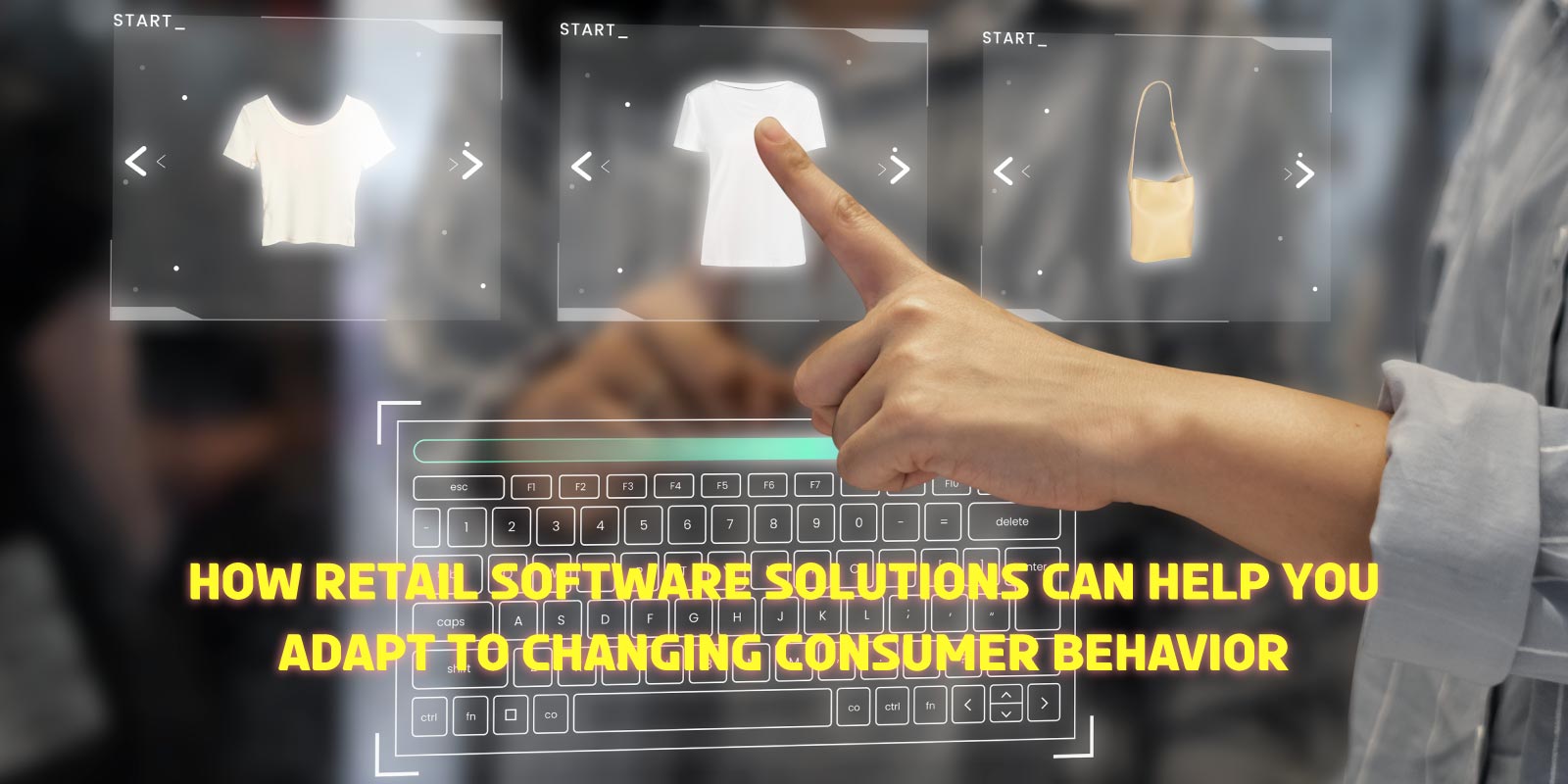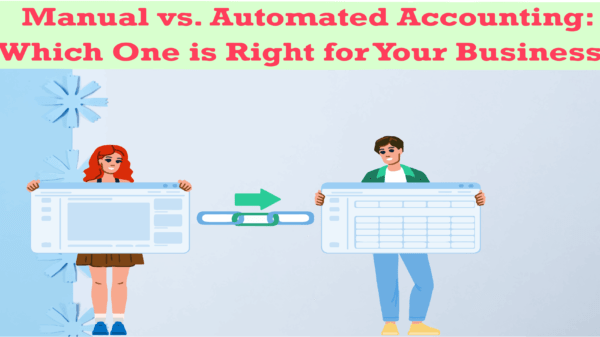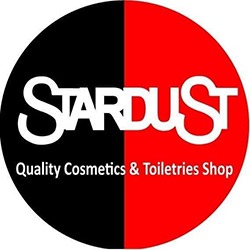In today’s fast-paced retail Industry, consumer behavior is constantly evolving. With the rise of e-commerce, mobile shopping, and changing customer preferences, retailers need to adapt quickly to stay competitive. This is where retail software solutions come into play. These innovative technologies offer a wide range of tools and functionalities designed to help businesses thrive in an ever-changing consumer environment. In this blog post, we will explore how retail software solutions can assist retailers in understanding and adapting to changing consumer behavior.
Real-Time Data Insights
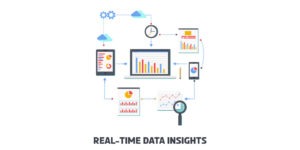
One of the key advantages of retail software solutions is their ability to provide real-time data insights. By integrating with various systems and channels, these solutions gather valuable information on customer purchasing patterns, preferences, and trends. Retailers can use this data to gain a deeper understanding of their target audience, identify emerging consumer behaviors, and make informed business decisions.
For instance, a retail software solution can analyze transaction data to identify popular products and predict future demand. This allows retailers to optimize their inventory management, ensuring that the right products are in stock at the right time, thereby minimizing stockouts and maximizing sales.
Omni-Channel Integration
With the growing popularity of multiple shopping channels, retailers need to provide a seamless experience across various touchpoints, including physical stores, websites, mobile apps, and social media platforms. Retail software solutions enable Omni-channel integration by centralizing data and processes, ensuring consistent branding, and enabling efficient inventory management.
For instance, a retail software solution can synchronize inventory levels across all sales channels, allowing customers to check product availability in real time. This prevents disappointing experiences such as ordering a product online and finding out later that it’s out of stock in the physical store. Such seamless integration enhances the overall customer experience, regardless of the chosen shopping channel.
Customer Relationship Management

Building strong customer relationships is crucial for retail success. Retail software solutions often include customer relationship management (CRM) functionalities that enable retailers to manage customer interactions effectively. These tools store customer data, track communication history, and provide insights for personalized interactions.
By leveraging CRM features, retailers can track customer preferences, identify loyal customers, and develop targeted marketing strategies. For example, a retail software solution can automatically send personalized birthday greetings and exclusive offers to loyal customers, fostering a sense of appreciation and incentivizing repeat purchases.
Personalized Shopping Experiences
In today’s digital era, consumers expect personalized shopping experiences. Retail software solutions can help retailers meet these expectations by leveraging customer data to deliver targeted and relevant content. By analyzing past purchases, browsing behavior, and demographic information, these solutions can offer personalized product recommendations, tailored promotions, and customized marketing campaigns.
For example, if a customer has previously purchased running shoes, a retail software solution can send personalized emails or push notifications about the latest running gear or upcoming local running events. This level of personalization enhances customer engagement, boosts loyalty, and increases sales.
Advanced Analytics and Forecasting

To adapt to changing consumer behavior, retailers need to make data-driven decisions. Retail software solutions offer advanced analytics and forecasting capabilities that enable retailers to uncover valuable insights and make accurate predictions. By analyzing historical data and market trends, retailers can anticipate shifts in consumer behavior and adjust their strategies accordingly.
For instance, a retail software solution can analyze social media sentiment to gauge customer opinions about new product launches or marketing campaigns. This feedback can help retailers make timely adjustments to their offerings, messaging, or pricing strategies, ensuring they stay aligned with evolving consumer preferences.
Conclusion
Adapting to changing consumer behavior is essential for retail success. Retail software solutions empower retailers with real-time data insights, personalized shopping experiences, Omnichannel integration, customer relationship management, and advanced analytics. By harnessing these capabilities, retailers can better understand their customers
